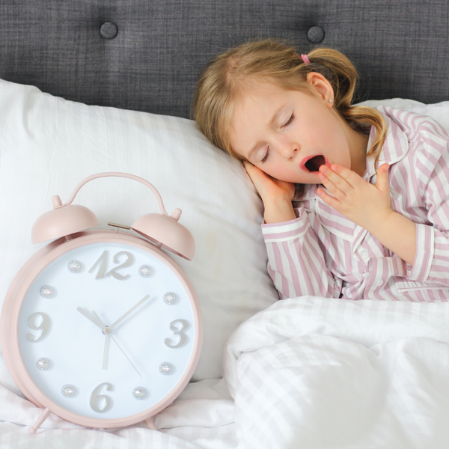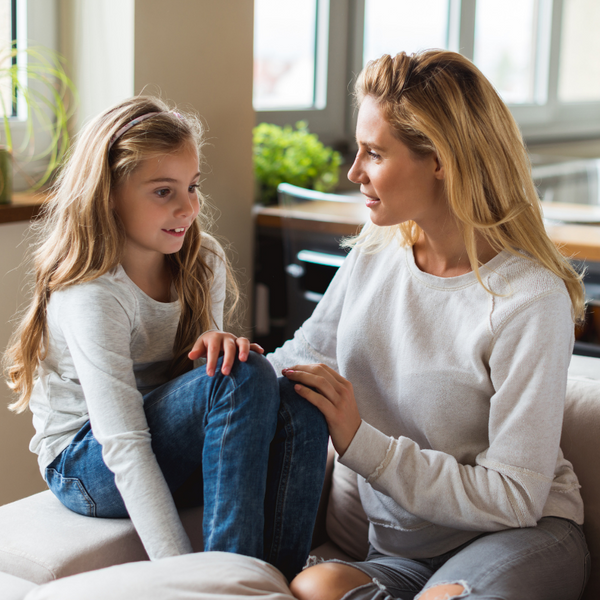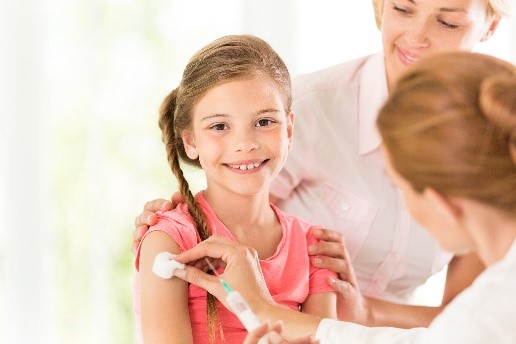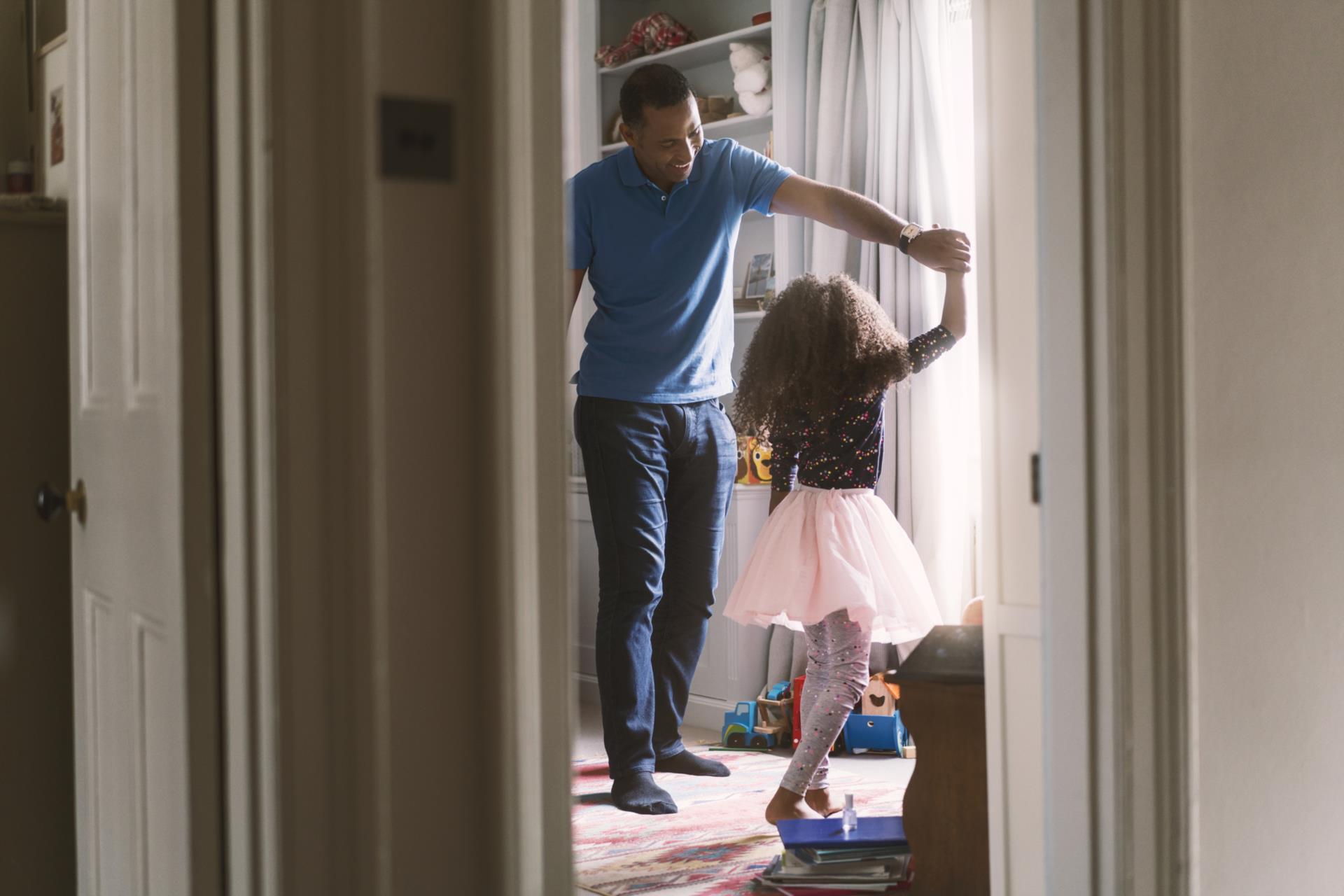4 to 11 Years.png)
On this page:
Nutrition for 4 to 11 Year Olds
Healthy eating is important for your child’s growth and development and for establishing healthy eating habits. A child’s diet should follow Canada’s Food Guide and have plenty of fruits and vegetables, whole grain foods, and protein foods, while limiting sodium, sugars, and saturated fat. Water is the best drink of choice, and other healthy options are low fat, unsweetened white milk and unsweetened fortified plant-based beverages.
As often as possible, try to eat meals together as a family and avoid distractions such as TV or toys during mealtimes. Mealtimes are also a great opportunity to get your child involved in food preparation.
Visit Healthy Eating for Parents and Children for more information and tips.
See our Practical Tips to Help Children Try New Foods (R-46a-HBHC) (PDF)
Sleep for 4 to 11 Year Olds
|
Age
|
Recommended # of hours per night
|
|
4 years
|
10-13 hours of
good quality sleep, which may include a nap, with consistent bedtimes and wake-up
times
|
|
5-11 years
|
9-11 uninterrupted hours of sleep, with consistent bed and
wake-up times
|
Source:
24 Hour Movement GuidelineSome tips for parents and caregivers to help your child get a good night’s sleep:
- Be a role model and make sleep a priority.
- Talk to your child about the importance of sleep and promote independence by involving your child in setting a sleep routine.
- Set a regular sleep and wake-up time; even on weekends.
- Avoid screen time (television, phone, tablet) at least one hour before bedtime.
- Set up a comfortable sleep environment that is cool, dark, quiet and free of televisions and other screen devices.
- Ensure children avoid sugar-sweetened and caffeinated food and drink.
- Be active outside during the day to improve sleep quality and duration.
Physical Activity for 4 to 11 Year Olds
A 4-year-old should get at least 180 minutes of physical activity and less than 1 hour of screen time each day. Create safe and engaging activities to encourage your child to be active every day.
5–11-year-olds should get at least 60 minutes of moderate to vigorous physical activity and several hours of light physical activity each day. Moderate to vigorous activities will make your child sweat and breathe harder, such as riding a bike, while light activities involve movement without getting sweaty, like walking. Recreational screen time should be limited to less than 2 hours per day.
Physical activity has a multitude of benefits for children and there are so many ways you can support their active lifestyle:
Active Play (3-6 years)
Tips to get kids active (5-11 years)
Check out our Active Living page for children and youth for more information and resources!
Mental Health for 4 to 11 Year Olds
Your child’s mental health is just as important as their physical health. Lots of changes and experiences can happen in this age range from starting school, making friends and gaining independence. You can support their mental well-being by:
- spending time with them
- showing interest in their activities/hobbies
- having conversations with them
- listening to their concerns
- creating a positive home environment
- helping them develop their self-esteem and problem-solving ability
Parents are in the best position to see changes in their child’s behaviours. It is important to note that changes may be subtle; trust your instincts. Watch for changes in your child’s thinking, behaviour, appearance and emotional wellbeing. If you have any concerns, speak with your child’s doctor.
What can parents do?
- Keep lines of communication open with your children. Open, honest and age-appropriate conversations can help build strong relationships.
- Spend quality time with them, and learn about the things they are interested in.
- Encourage your child to keep close friendships with other children – they need time to play.
- Talk about your concerns with your child’s teacher; they may have noticed changes at school.
- Focus on aspects of self-care that promote good mental health such as healthy eating, staying active, and getting enough quality sleep.
- Limit screen time.
It is important to remember that kids can experience stress too! For tips on helping stressed out kids, and raising resilient kids visit: Tips and Strategies (strongmindsstrongkids.org)
For more information, visit Your Child’s Mental Health.
Car Seats for 4 to 11 Year Olds
Car Seat Inspections
Trained Child Passenger Safety Technicians (CPST) ensure your child’s car seat is installed properly. Parents, grandparents, and caregivers are all welcome to book an appointment!
To sign up, or learn more, contact us to speak to a Healthy Babies Healthy Children (HBHC) nurse. All services are free and by appointment.
Visit our Car Seat Safety page for more information.
Immunizations for 4 to 11 Year Olds
Visit our recommended immunizations page for information on vaccines for 4 year olds.
Visit our immunizations for children at school page for information on vaccines for older children.
Positive Parenting for 4 to 11 Year Olds
Positive parenting means creating a strong emotional bond between a child and their caregiver and using strategies that promote positive behaviours in children. Positive parenting can help child development and lead to less behaviour problems. Positive parenting includes:
- Creating a safe and engaging environment
- Creating a positive learning environment
- Managing misbehaviour
- Promoting healthy child development
- Warm and nurturing parenting
- Parent self-care
For 4 to 5 year olds, this might look like:
- Reading with them
- Letting them help with simple chores
- Encouraging them to play with other children
- Setting clear and consistent expectations
- Helping them use proper words and sentences
- Helping them solve their problems
- Letting them choose from a few options, like what they want to wear
For 6 to 11 year olds, this might look like:
- Praising their accomplishments and what they did to achieve it
- Helping them develop responsibility, respect, and patience
- Talking with them about their interests and concerns
- Helping them set their own goals
- Setting clear and consistent expectations
- Continuing to read together or encourage them to read on their own as they get older
- Discussing expectations rather than punishing undesired behaviours
- Encouraging them to solve their problems on their own, with your support
- Encouraging them to try new things
- Doing activities together as a family
Source: https://www.cdc.gov/ncbddd/childdevelopment/positiveparenting/index.html
20240208/cb:nd